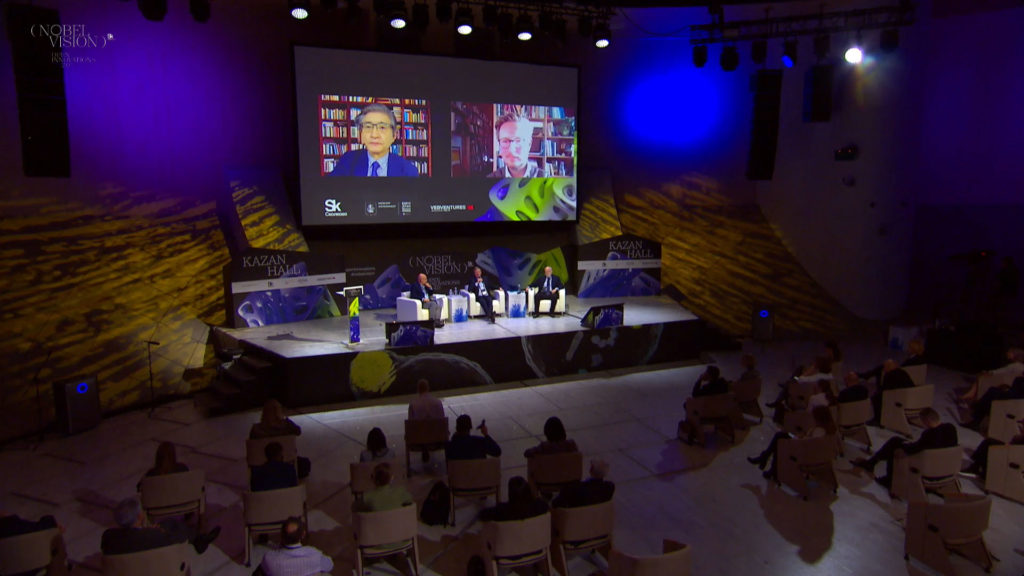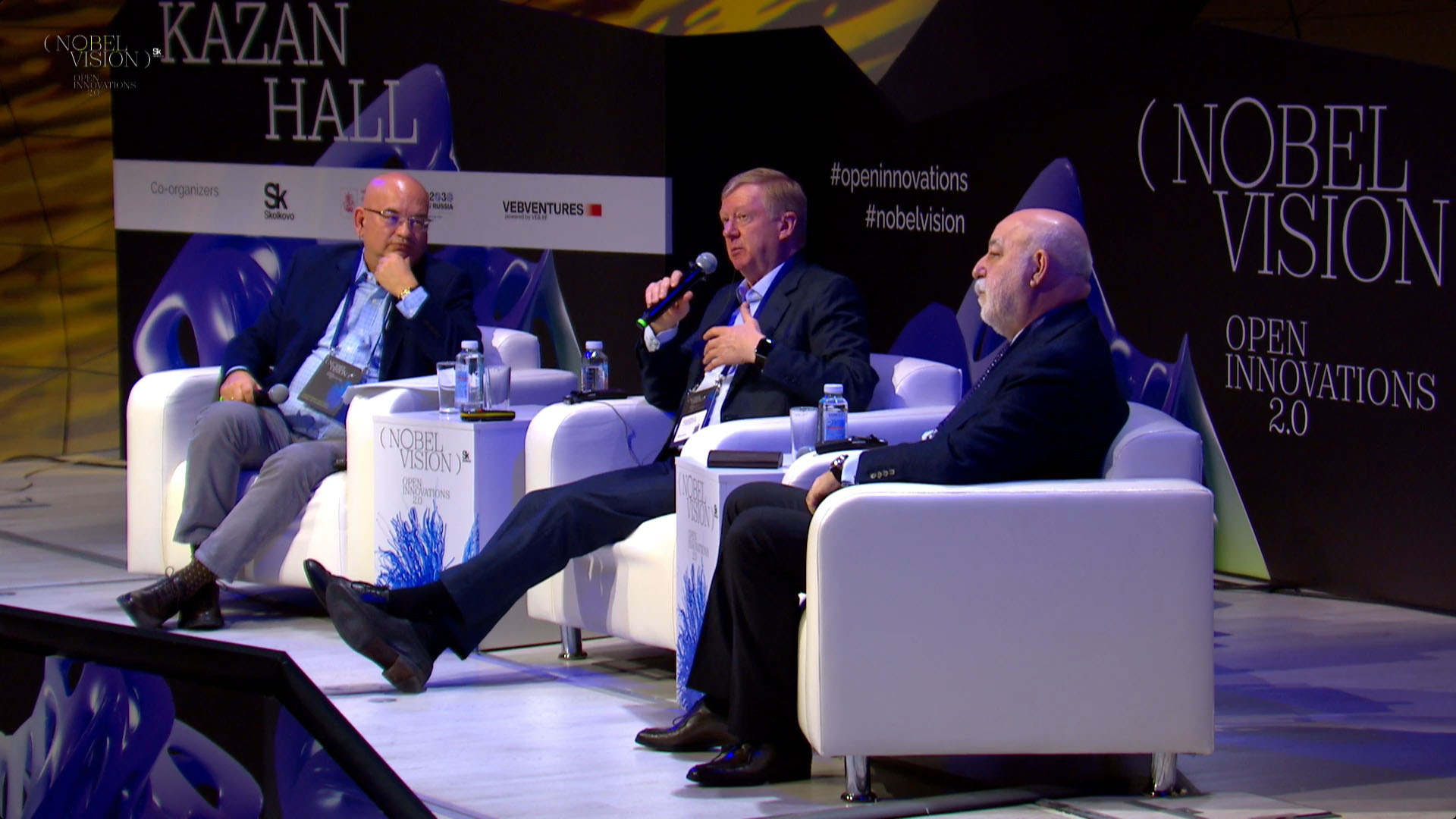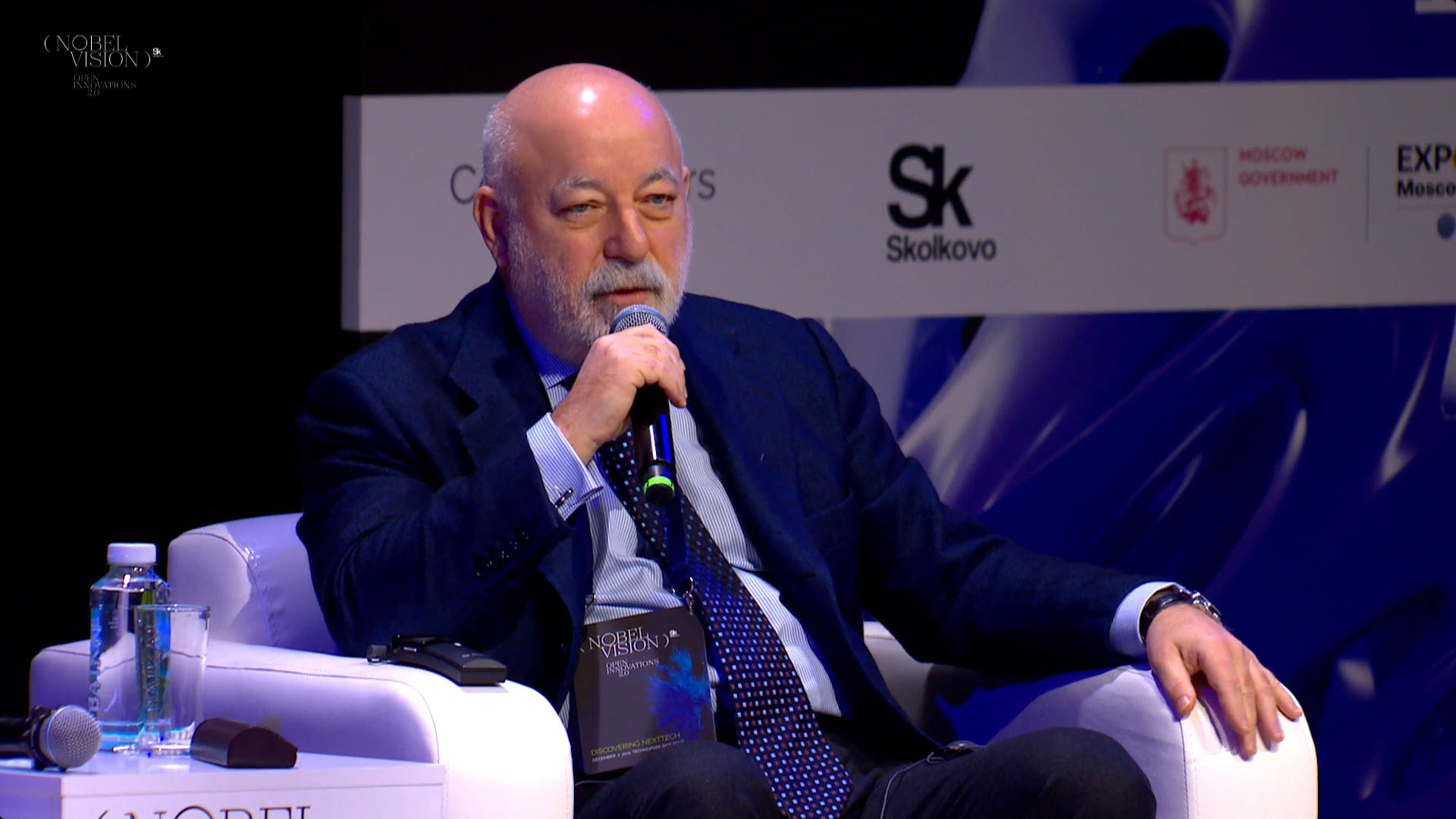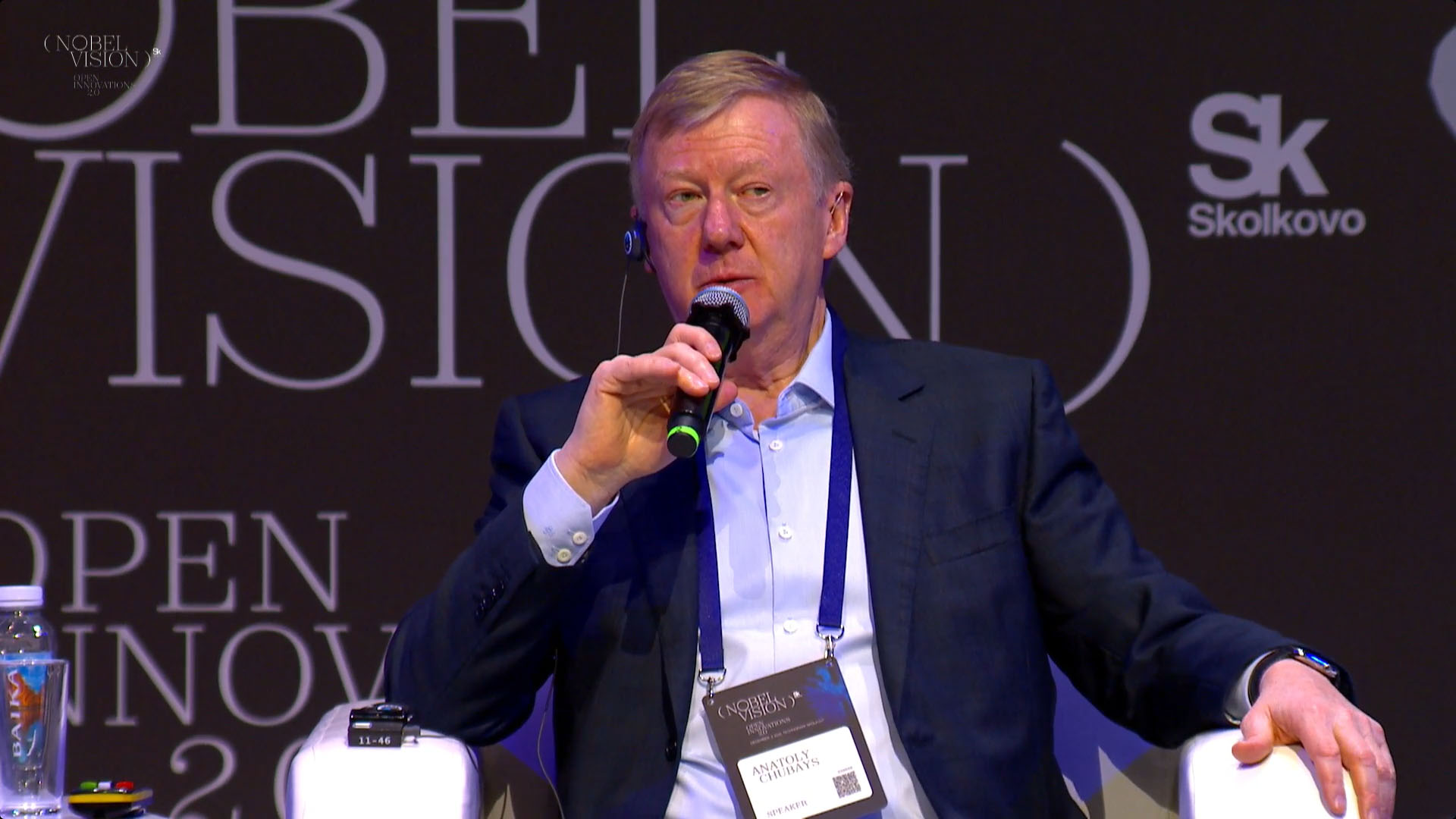[Analytics] Three letters to save the Earth

Experts' discussion on the future of the Earth at the “Nobel Vision. Open Innovations 2.0” Forum.
Russia and its technologies may give a huge boost into the world’s fight against the global warming, but what exactly will it be? Pan Pacific Agency tried to find an answer through the key points of the discussion on the future Earth at the “Nobel Vision. Open Innovations 2.0” Forum this week. Dmitrii Shcherbakov specially for the Pan Pacific Agency.
The sustainable development’s phenomenon, raised to the pedestal of the global agenda by the recent UN Climate Conference (COP26) in Glasgow, is built up of three small letters: E-S-G. Everyone understands what factor in this abbreviation each of the letters means (E – environmental, S – social and G – governance), but there are no generally accepted ESG standards for countries or corporations yet. This, however, does not prevent public companies from actively using the ESG agenda, and the regulator pressures they to disclose important non-financial indicators due to ESG.

“Look at China. It hasn’t been among the world’s ecology leaders ever. Now 86% of companies listed on the Shanghai Stock Exchange report according to the ESG standard,” Alexander Ivlev, the managing partner for CIS at EY, highlights, opening the discussion. (Even more surprise is the fact that China, which over the past decade was in the top-3 world coal importers along with Japan and India, has promised to achieve carbon neutrality by 2060 – like the whole Emerging World, and like Russia too.)
The humanity looks closely at the climate factor in the recent years, and this care is accountably. During the fight against the global warming countries must to set the limits of any impact to the nature, to reduce carbon emissions into the atmosphere and to transit towards the “green” energy. This fight has its own degree: the designated target of “1.5 degrees Celsius” means that the world must take measures to limit warming in comparison with the pre-industrial era by no more than 1.5 degrees.
Translated from climate language into economic language, it means that by 2030 the global carbon dioxide emissions should be reduced by 45% compared to 2010, and by 2050 – to reach the Global Net Zero for developed countries such as the US, the EU and Japan. The goals for carbon neutrality by 2060 have been announced by other developing countries, i.e., China, Kazakhstan, Argentina, Brazil or Mexico.
It will be extremely difficult to reach the Net Zero, Rae Kwon Chung, head of the Ban Ki-moon Foundation and one of the architects of the modern climate agenda, said in a recent interview with the Pan Pacific Agency. Mr. Chung has been promoting the need to fight against the climate change and create a “green” economy, as he himself recalls, since 2005 – both at the UN site and outside it.
Speaking during the forum, the expert admitted: in 2020, when the coronavirus spread around the world and the economy slowed down, carbon emissions decreased. Unfortunately, carbon emissions almost immediately returned to the level of 2019: the carbon footprint is recovering very quickly, as is the consumption of mankind.
“The changes must be radical. In Glasgow, we agreed that moving towards the goal would mean reducing our environmental impact by 6% annually. Alas, even the pandemic reduced it by only 5%. Even the coronavirus did not help change the situation in a big way,” he said.
So, until governments globally introduce ESG requirements into their policies, it will not be possible to achieve a change in climate trend, Rae Kwon Chung says. On the other hand, compliance with ESG restrictions is not just an additional and burdensome requirement that the authorities need to set to industry or society as a whole. It is also an opportunity to make somebody’s products more competitive in the future, to achieve a new type of growth – a “green” growth, the expert emphasized.
Russian authorities seem to have realized this, although not so long ago. Russian billionaire, chairman at the Renova group’s directors board Viktor Vekselberg, notes that an “amazing and very important” mind’s changing to the ESG topic has taken place in Russia in just a few years. The existence of the problem is recognized, and the recent COP26 conference helped this: it “affirmed the attitude of civilization to this problem, drew a line.” But the debate is just beginning here, Mr. Vekselberg, who is a pioneer of solar energy in Russia, complains.

“Now the most active discussion is how much it will cost, how many trillions each world economy needs to spend. The conclusion that sounds behind the scenes in Russia: it is very expensive, so at least the attitude towards ESG should be very careful,” he says.
Yes, it will be expensive, Viktor Vekselberg agrees: “We need resources, such as supporting measures by the government”.
However, the Russian businessman is sure that there is no alternative to the fight against climate change: “We have no time, we must do it quickly. I think the scientific potential that exists in our country will allow us to be among the leaders,” he says. “The role of the government at the initial stage may be a multiple. We are part of the global economy. It is important for us to play by common rules, by universal measurement standards, and this standard must be achieved.”
Like the rest of the world, Russia has no time to think about whether to follow ESG standards. The energy transition will take place as swiftly as the “information revolution” of the late 20th – early 21st centuries, Anatoly Chubais, Russian president’s special envoy for relations with international organizations on sustainable development, said.

“I think we are now one step away from the beginning of exactly the same process, only not in information, but in energy. Over the next 30 years, there will be a fundamental revision of the basic principles in all areas where energy appears, from energy production to everyday life. It will change the life of each of us, the depth of the transformations will be very serious,” Mr. Chubais says.
The next 10 years, according to the expert, will be the key. “Naturally, Russia is vulnerable. The energy-related economy is our backbone: it produces 20% of the gross domestic product, 40% of the federal budget revenues, 60% of the exports. But these proportions also open up colossal opportunities for us. Whole new industries can be created, which now do not exist in Russia at all. I counted them from five to ten for myself. The export of hydrogen from Russia by 2030, according to my personal assessment, can be measured in figures close to $50 billion. Now, as you understand, it is zero,” Mr. Chubais dreams.
He admits that it was difficult to overcome the negative attitude of most of the Russian political establishment, for example, towards renewable energy: many VIPs said that “this is an enemy agenda, it was thrown at us.”
“Five years ago, the industry simply did not exist. And when Viktor (Vekselberg) and I pushed through this story, they looked at us as if we were a little crazy: why, what kind of wind you propose to explore – in Russia wind could be only in our pockets”.
“Nevertheless, we have created a renewable energy industry – with generation, industry, science and education. It was extremely difficult, and we visited Dmitry Medvedev (then-recent PM of Russia) more than once, before he had to break the trend. Today, in real business, we have reached the price of a kilowatt-hour generated by renewable energy at a level no worse than the world level, and definitely better than coal-fired generation gives,” Anatoly Chubais says.
Nature itself is an eloquent argument for the ESG agenda. The streak of natural disasters that the world has entered since August 2019, when the worst fires in Australian history, later called Black Summer, caught fire, does not end. The ice storm Uri, which hit the coast in February 2021, was the costliest disaster in North America, and US President Joe Biden’s criticism of Russian leader Vladimir Putin that “his tundra is burning,” said at the COP26 summit in Glasgow, flew in mass-media around the world.
Such phenomena and statements certainly fuel climate concerns and the funding for solving climate problems both.
Russian version of this article is available here.